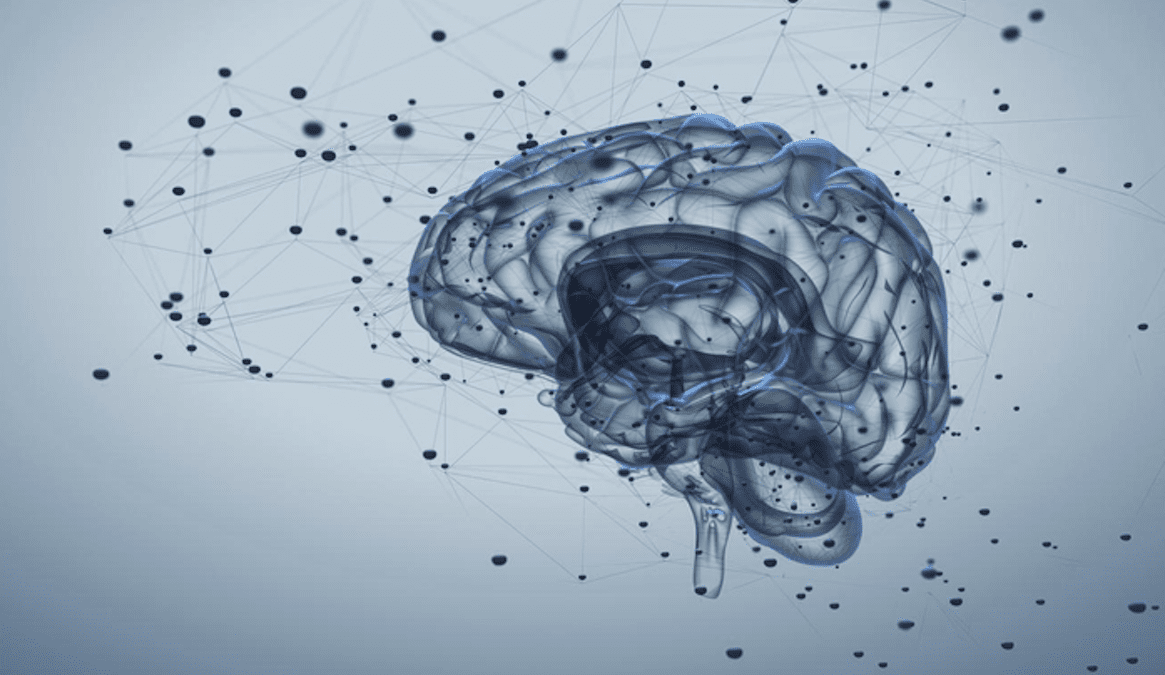Did you know that that TMS is not only a highly effective option for treating depression, but that there is a relationship between TMS and executive functioning too? There is evidence across a number of studies that TMS can improve certain higher-level cognitive abilities in patients with depression.
What Is Executive Functioning?
Executive functioning is a subset of cognitive skills, or the various methods your brain uses to learn, focus, and problem solve.
When we talk specifically about executive functioning, we’re talking about higher-level cognitive processes that help us organize, plan, and carry out tasks and goals within our lives. Executive functions can be divided into organizational and regulatory abilities. Organization includes gathering information and structuring it for evaluation. Regulation involves evaluating the available information and modulating your responses to the environment.
Any process or goal pursuit that requires time management, decision-making, and storing information in one’s memory makes use of executive function. In other words, before we can successfully move forward with a complex task, our brain needs to first interpret the information around us and then choose what our response will be, based on both this external information and our internal experiences.
One important type of executive functioning is our working memory. Our working memories help us retain and analyze information that is important to us in the short-term, but that won’t necessarily be incorporated into our long-term memories.
One of the parts of our brain responsible for executive functioning is the dorsolateral prefrontal cortex (DLPFC). This is also the part of our brain that plays a role in our mood regulation and is the most common target region for TMS when treating depression.
How Does Executive Functioning Relate to Depression?
Depression negatively impacts how well our brain can perform executive functioning tasks. Individuals with depression frequently have hypoactive left dorsolateral prefrontal cortexes and therefore tend to experience more negative emotions and to judge the external world in a more unfavorable light.
In other words, for people with depression, there is a neurological relationship between struggling to emotionally regulate, see the external world in a positive way, and be motivated enough to create and execute goals.
Are TMS and Executive Functioning Related?
Although TMS does not always improve all areas of executive functioning, studies provide promising evidence that there is a direct, positive relationship between TMS and executive functioning. In the study referenced above about people with depression generally possessing hypoactive left DLPFCs, researchers wanted to discover the relationship between TMS and cognitive processes in depressed patients. They gave patients with depression, along with a control group, several different tasks requiring higher-level cognitive abilities both before and after twenty sessions of TMS targeting the left DLPFC. They also asked the patients with depression to rate their depressive symptoms using two different depression rating scales at both the beginning and end of the study. At the end of the study, more than half of the patients with depression experienced an improvement in their symptoms by 50% or more. In addition, the average scores of most of the cognitive tests showed a significant improvement.
In a similar earlier study, researchers found that TMS sessions for patients with depression resulted in improved executive functioning on a higher-level cognitive test. Researchers have also demonstrated that TMS improves executive functioning in patients with Alzheimers, as well as in healthy young people.
TMS Can Help You Too
The evidence we have so far that TMS consistently and significantly improves executive functioning, while promising, is so far inconclusive.
What is conclusive is that TMS is an effective, safe, and non-invasive treatment for people with depression. TMS helps over 75% of patients substantially alleviate their depression, even those who have not been helped by antidepressants.
Contact us today to learn more about how TMS might provide relief of your depressive symptoms.



